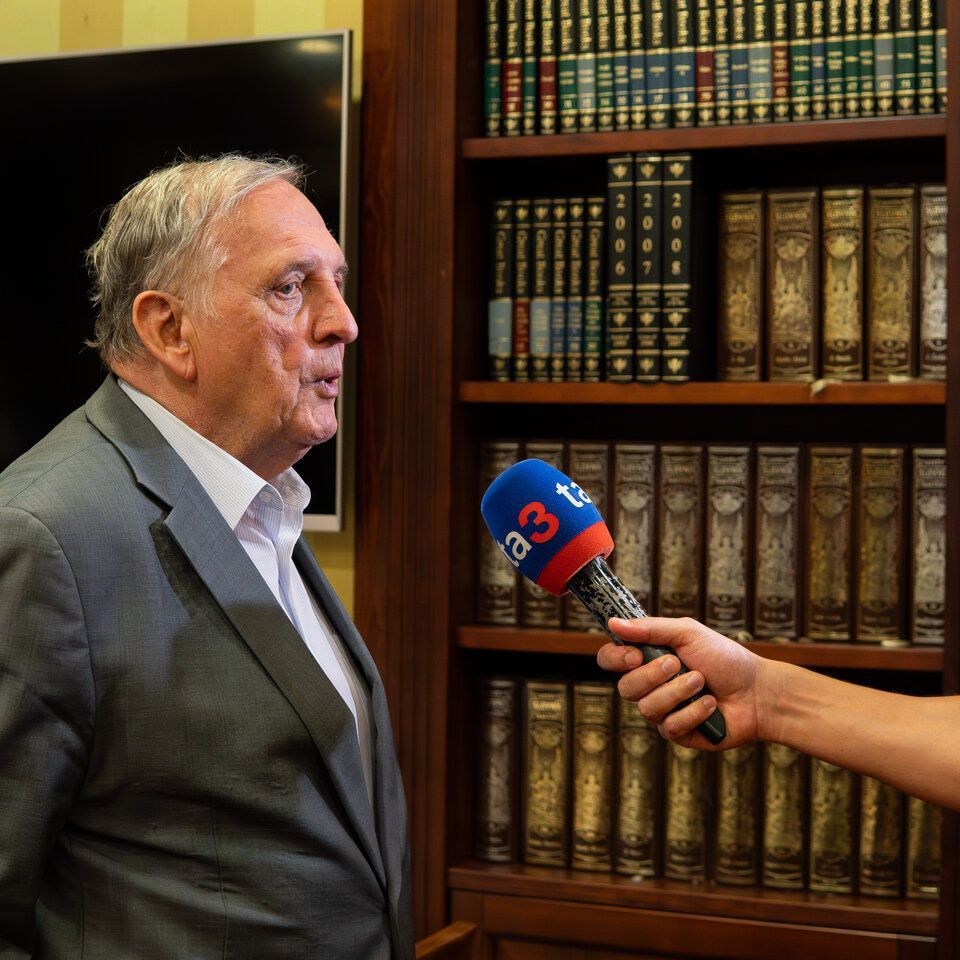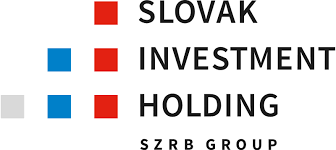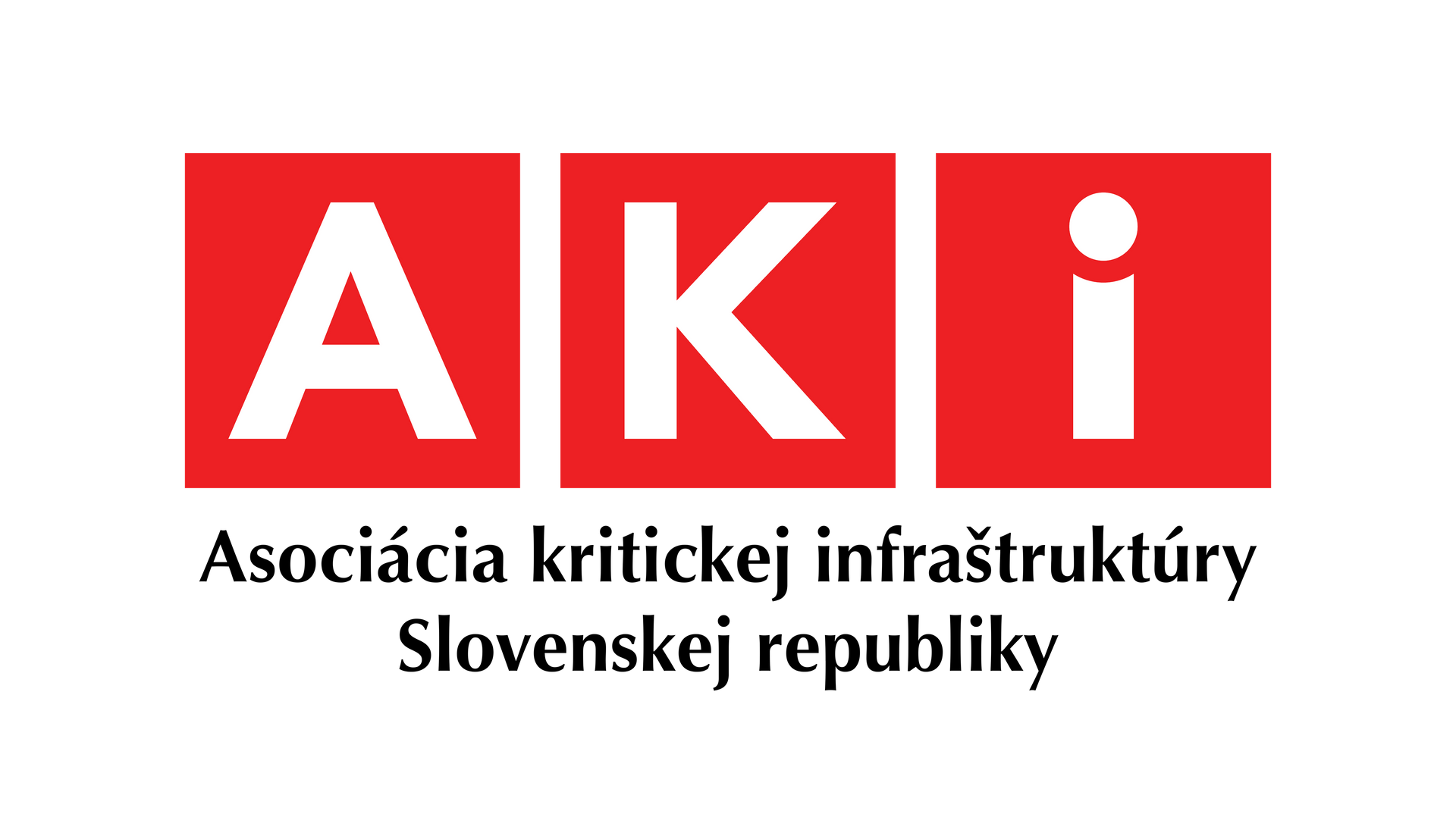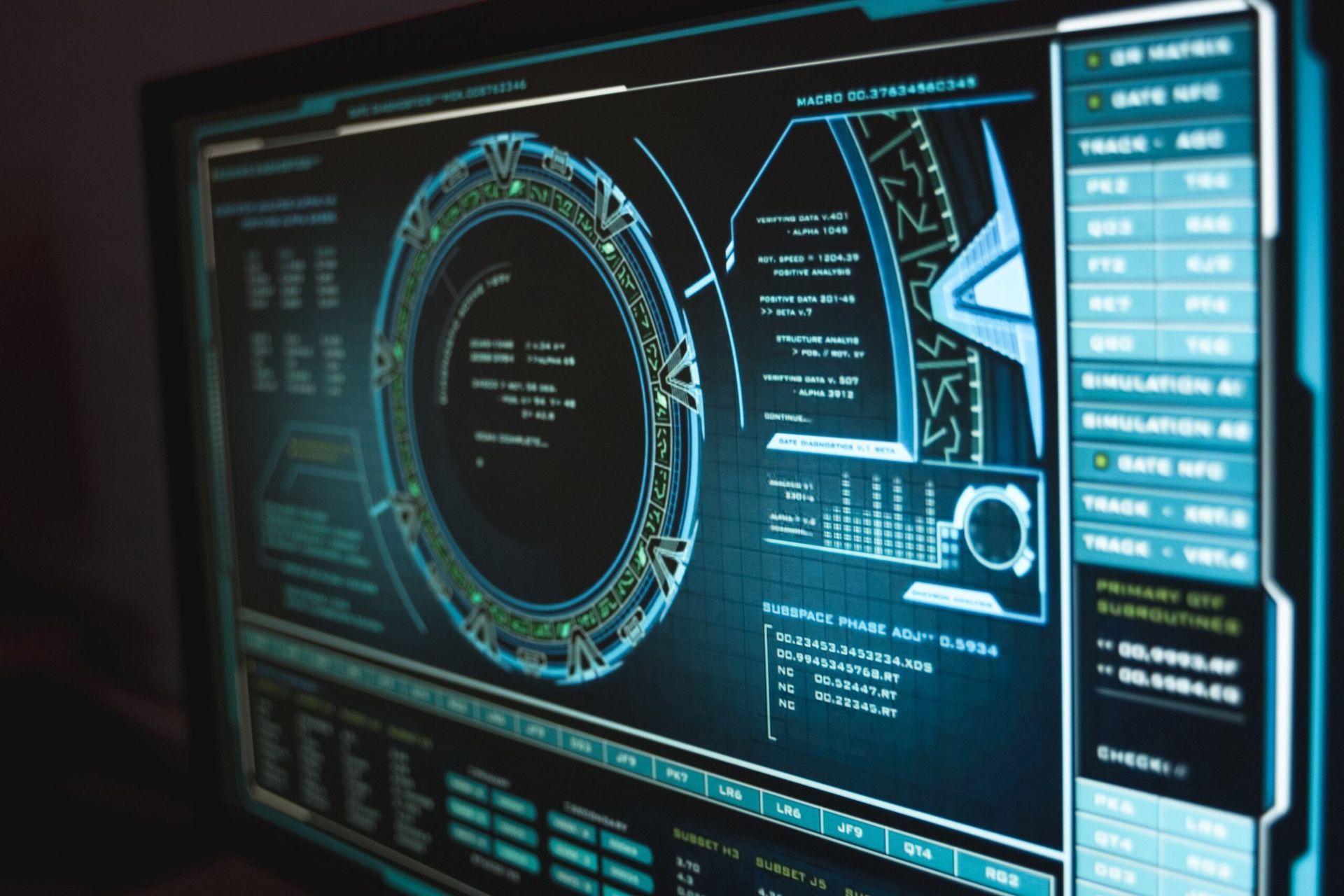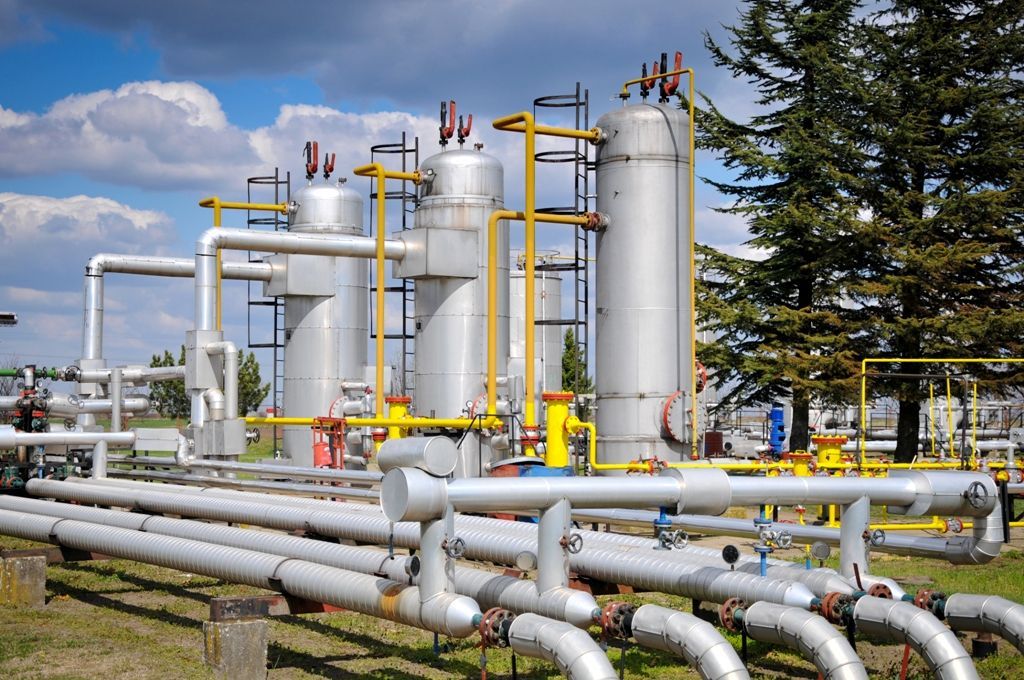SOPK and AKI: AI and cybersecurity as the key to a more efficient Slovakia
The Slovak Chamber of Commerce and Industry (SOPK) organized its traditional semi-annual press conference on June 18, 2025. The discussion focused on how Slovakia is managing current economic challenges, while also presenting proposals for fundamental changes in the areas of innovation, artificial intelligence, and security.
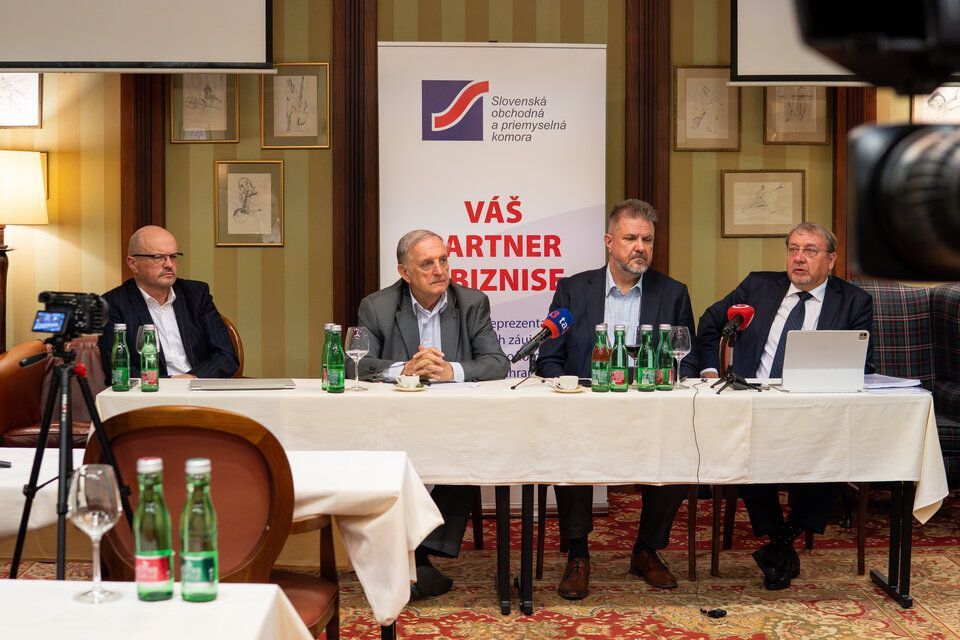
The Critical Infrastructure Association of the Slovak Republic (AKI SR) was also given significant space in the program, with its president Tibor Straka presenting on the new critical infrastructure law, security threats, and challenges in protecting essential services.
Straka emphasized that Slovakia is among the first EU countries to have already transposed the so-called CER Directive (2022/2557) into national legislation. The new Act No. 367/2024 Coll. on critical infrastructure, which came into effect on January 1, 2025, according to him, changes the way Slovakia approaches the resilience of both public and private systems.
The law introduces a new risk assessment system, defines 11 sectors and 79 essential services, and establishes obligations for hundreds of entities across public administration, energy, healthcare, transport, IT, and other areas. The coming months will be crucial: by the end of August, entities must submit risk assessments, by October the Ministry of Interior must prepare a draft strategy, and by January 2026 the government must approve it.
Straka warned that although a legal framework exists, critical infrastructure protection will not function without coordination, professional capacities, and investments. The connection between public and private sectors will be important, as well as data and experience sharing.
In this context, he appealed for the need for a new approach to risk perception – risks today are more complex, often combining physical, technological, and geopolitical factors. Critical entities must be able to respond not only to supply outages or cyberattacks, but also to extreme weather, hybrid threats, or digital network failures.
In the second part of the conference, attention focused on artificial intelligence. According to SOPK calculations, Slovakia could save up to 6 to 9 billion euros annually through its effective use in public administration. AI also opens space for productivity growth, reducing bureaucracy, and improving services to citizens.
Miloslav Karaffa, vice-president of SOPK, reminded that Slovakia cannot afford to miss this opportunity. Innovation, security, and legislation must go hand in hand.
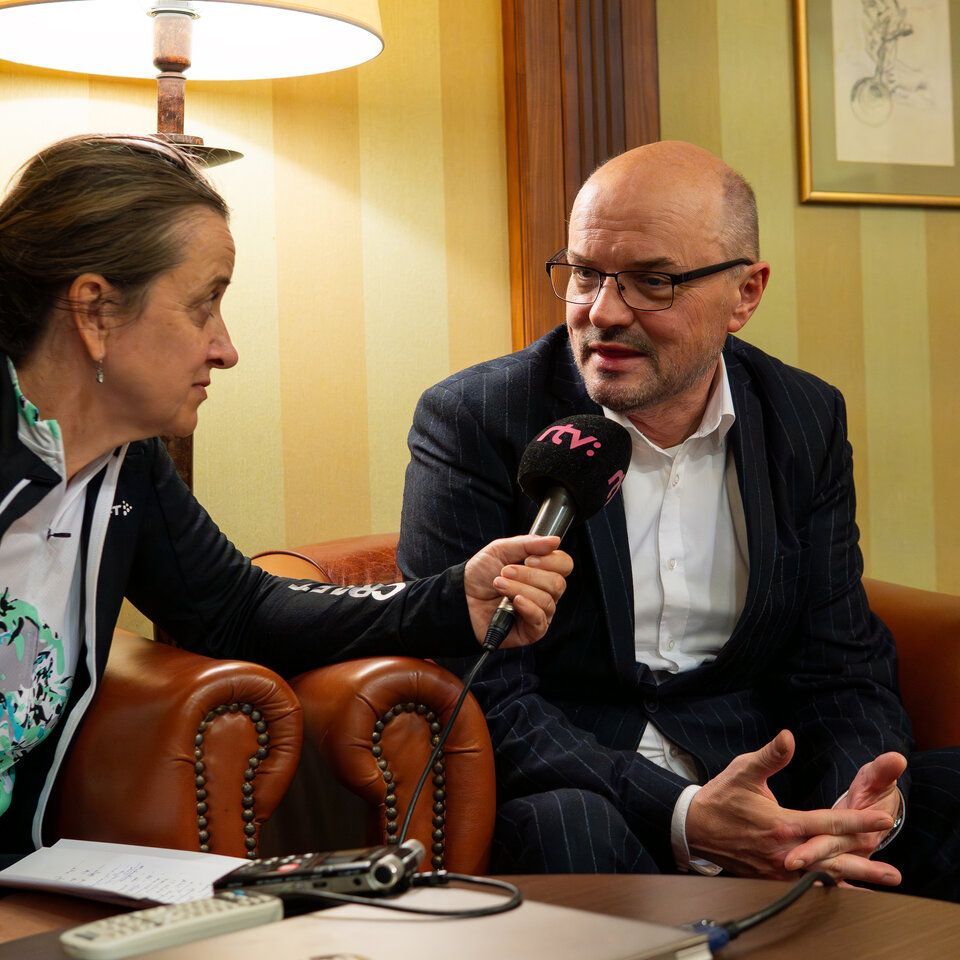
The conference thus delivered a clear message: if Slovakia wants to remain competitive while also being secure, it must complete the critical infrastructure protection system and simultaneously develop technologies that will strengthen – not weaken – this infrastructure.
